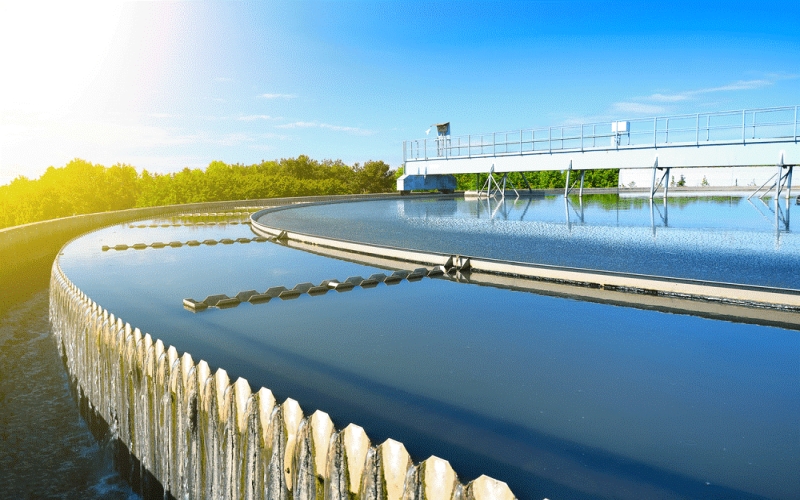Water is an indispensable resource in various industrial processes, but its purity is often compromised by contaminants and pollutants. Industrial water treatment plays a vital role in ensuring that water meets the stringent quality standards required for specific applications. In this article, we’ll explore the most important uses of industrial water treatment and the benefits it brings to various industries.
Purification for Manufacturing Processes
In manufacturing industries such as pharmaceuticals, electronics, and food and beverage production, water quality is critical for ensuring product quality and safety. Industrial water treatment systems remove impurities such as dissolved solids, microorganisms, and organic compounds, ensuring that water used in manufacturing processes meets regulatory standards and product specifications.
Boiler Feedwater Treatment
Boilers are integral components of many industrial processes, including power generation, heating, and steam production. Proper treatment of boiler feedwater is essential for preventing scale buildup, corrosion, and microbiological growth within boiler systems. Industrial water treatment involves processes such as softening, demineralization, and chemical treatment to ensure the quality and integrity of boiler feedwater, thereby maximizing boiler efficiency and lifespan.
Cooling Water Treatment
Cooling systems are widely used in industrial facilities for heat exchange and equipment cooling. However, without proper treatment, cooling water can become contaminated with scale, corrosion, and fouling deposits, leading to reduced heat transfer efficiency and equipment failure. Industrial water treatment solutions such as filtration, chemical treatment, and biocide application help maintain the cleanliness and efficiency of cooling water systems, prolonging equipment life and minimizing downtime.
Wastewater Treatment and Recycling
Industrial processes generate wastewater containing various pollutants and contaminants that must be treated before discharge to comply with environmental regulations. Industrial water treatment systems employ a combination of physical, chemical, and biological processes to remove pollutants from wastewater, making it safe for discharge or recycling. Wastewater recycling not only reduces water consumption and disposal costs but also helps conserve water resources and minimize environmental impact.
Surface Water Treatment
Industries that rely on surface water sources such as rivers, lakes, and reservoirs require treatment to remove suspended solids, pathogens, and pollutants before water can be used for industrial purposes. Industrial water treatment plants utilize processes such as sedimentation, filtration, disinfection, and advanced oxidation to purify surface water and ensure its suitability for industrial applications, safeguarding both public health and the environment.
Desalination for Water Scarce Regions
In regions where freshwater resources are limited, desalination provides a viable solution for meeting industrial water demands. Desalination processes such as reverse osmosis and multi-stage flash distillation remove salt and other impurities from seawater or brackish water, producing high-quality freshwater suitable for industrial use. Industrial desalination plants support industries such as agriculture, mining and oil and gas production, ensuring a reliable water supply for operations in water-stressed regions.
Benefits of Industrial Water Treatment
- Cost Savings: By optimizing water usage, reducing wastewater discharge, and minimizing equipment downtime and maintenance costs, industrial water treatment helps businesses save money in the long run.
- Compliance with Regulations: Meeting regulatory requirements for water quality and environmental protection is essential for avoiding fines, penalties, and legal liabilities associated with non-compliance.
- Resource Conservation: By recycling and reusing water resources, industrial water treatment promotes sustainability and conserves precious freshwater resources for future generations.
- Improved Product Quality: High-quality water ensures the integrity and consistency of industrial products, enhancing their marketability and customer satisfaction.
In conclusion, industrial water treatment is a critical aspect of modern industrial operations, ensuring the availability of clean, safe, and reliable water for various applications. By investing in effective water treatment solutions, industries can reap the benefits of improved efficiency, sustainability, and compliance while safeguarding the environment for future generations.
Website: www.abin.ir

